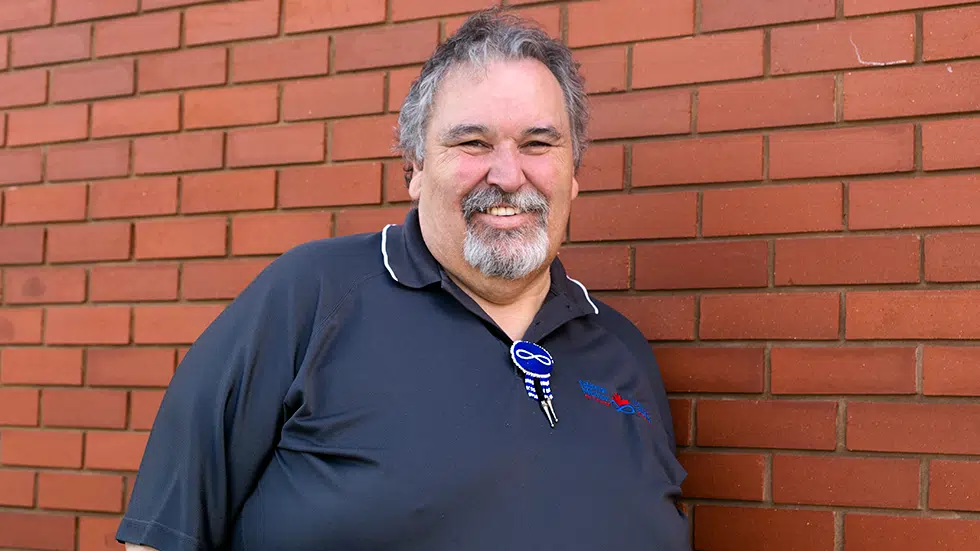
Métis Federation of Canada seeks unification of its people
For the last four years, a man from Prince Albert has been working on a national stage to lobby on behalf of Métis people across Canada; recently he was in the Gateway to the North to promote the Métis Federation of Canada among Métis people here.
Robert Pilon has been the interim president of the Métis Federation of Canada for four years. He said he eventually hopes to unify Metis people across the country.
Along the way, Pilon has faced numerous road blocks. He said Indigenous and Northern Affairs Canada (INAC) refused to recognize the Métis Federation of Canada as a true lobbying organization despite obtaining intervener status two years ago by the Supreme Court of Canada – one of three Métis organizations with such a title.
As an organization with intervener status, the Métis Federation is able to enter law suits which affect the rights of Metis people and provide perspective to a court decision.


